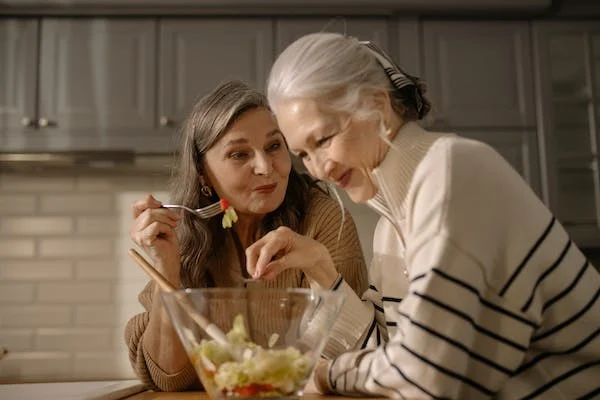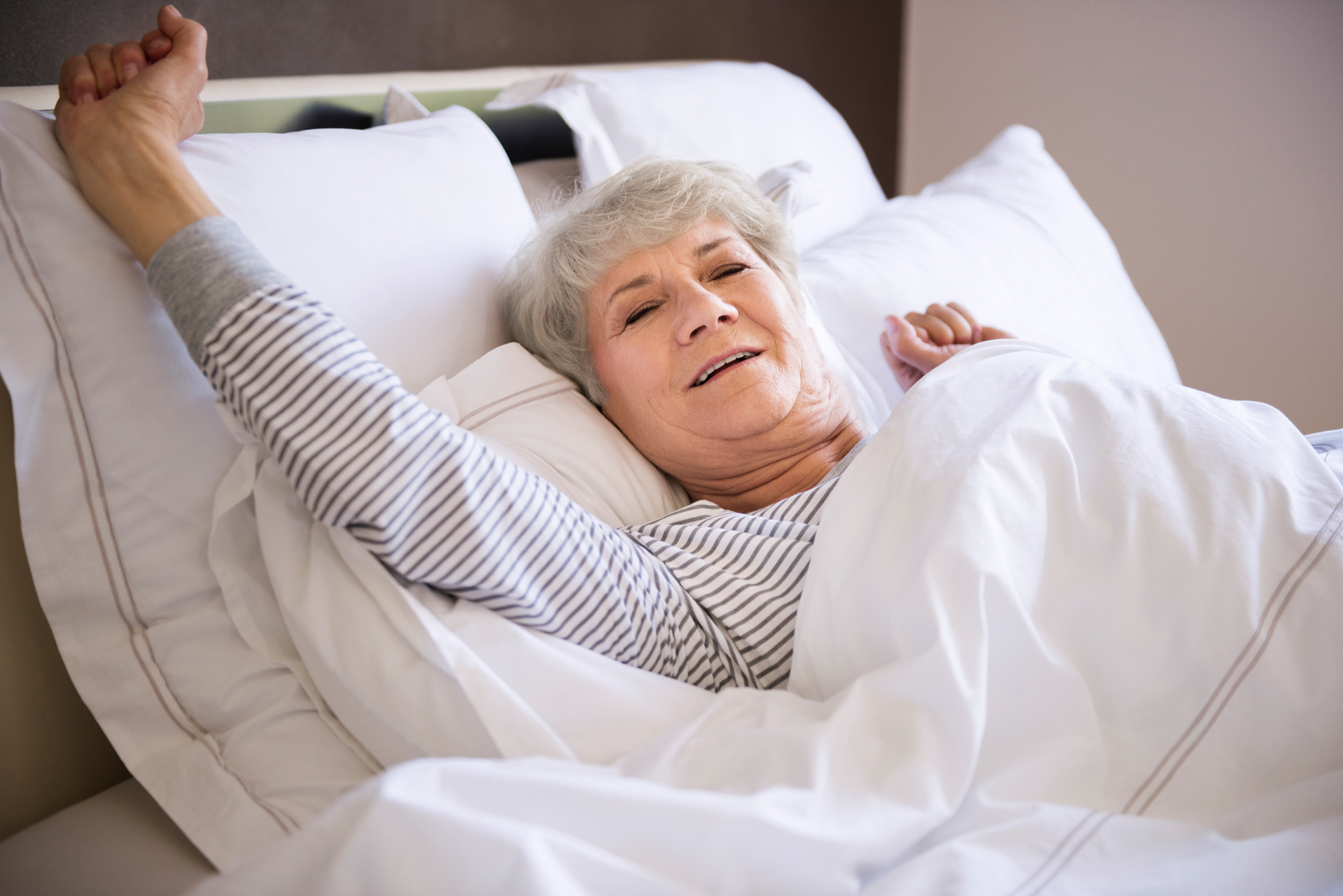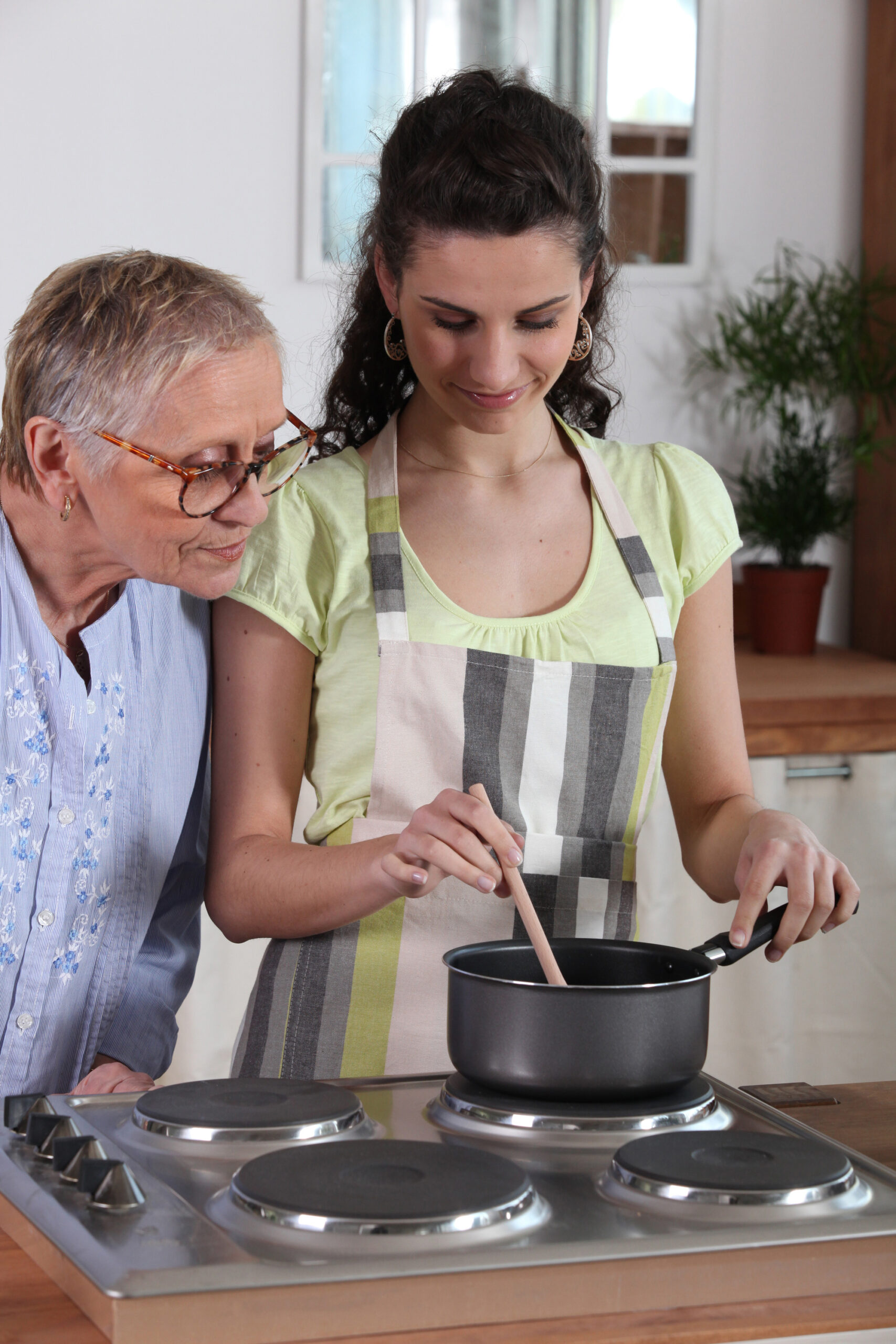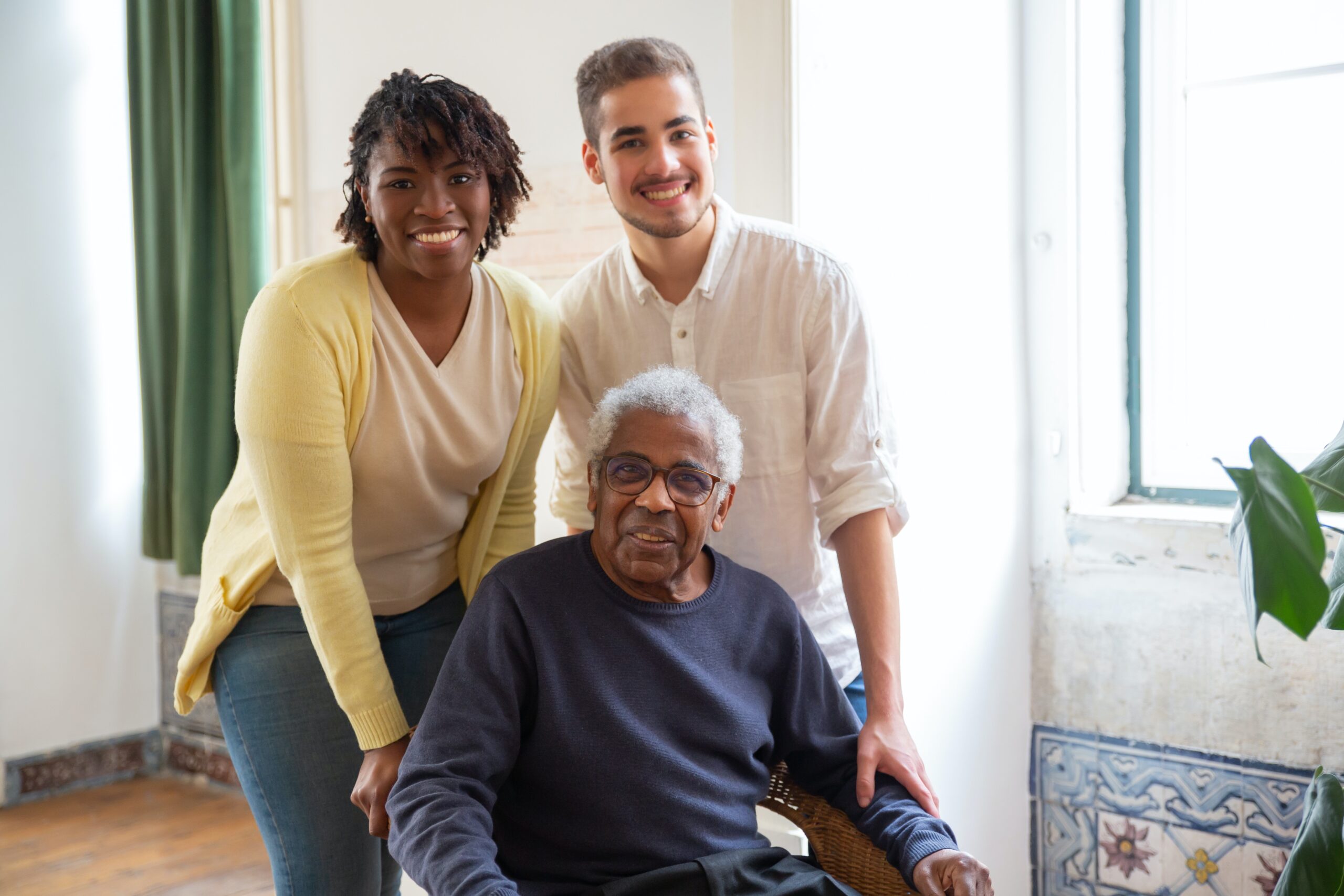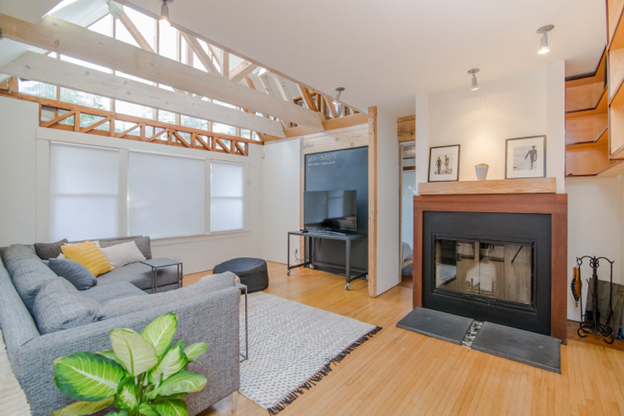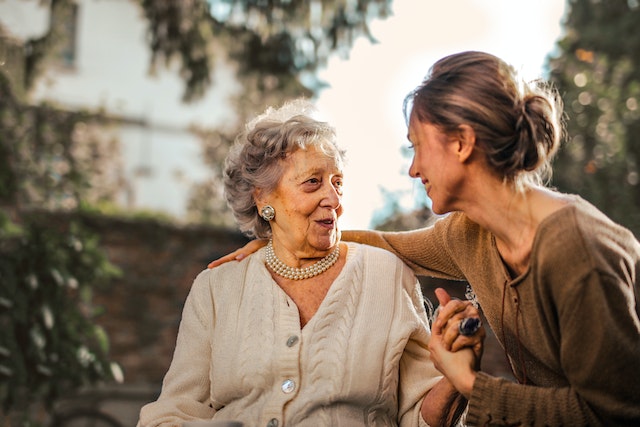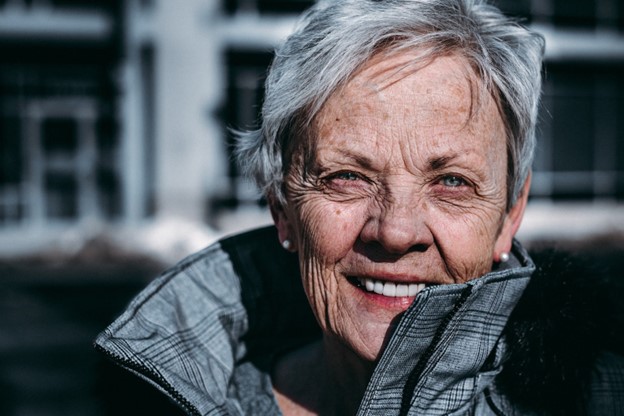Authored by: John McLean, Director of Rehab Guide. Photo Source
Seniors with an addiction often do not get the help they need. This is because there are a lot of misunderstandings and inaccurate information about addiction in seniors. The symptoms of substance use are also a little more challenging to detect in seniors. This may be one of the reasons why it is called the ‘invisible epidemic’.
The reason behind it being informally termed an ‘epidemic’ might be the rate at which it is growing. According to data from 2018, 1 million seniors were living with (substance use disorder) SUD. Admissions to treatment facilities have doubled since the year 2000. These are concerning statistics. Caregivers can play a significant role in rescuing seniors from the shackles of substance addiction and helping them live longer, healthier, and happier lives.
Self-Care for Accelerating Recovery
The journey of recovery in the golden years of life brings forth some unique challenges. Alcohol addiction can be tricky to handle, especially in the early stage of recovery. It requires medical treatment and the supervision of experts. It is advisable to refer seniors struggling with an addiction to a good alcohol treatment center, so that they may receive help and proper guidance. Once the seniors have crossed the initial stage of recovery, alternative therapies and techniques can be used to accelerate recovery, supplement the medical treatment, and prevent relapses.
With tailored self-care practices, it will become easier for seniors to overcome the challenges of recovery and enjoy addiction-free years. Here are a few alternative self-care ideas that can aid recovery:
Mindful Practices
Seniors face life issues such as mental or physical health conditions, family conflicts, loss of loved ones, and financial concerns. The impact of stressful life situations on seniors varies. Some seniors get overwhelmed, and turn to alcohol for comfort. They use alcohol to drown away the negative thoughts. Alcohol may offer temporary relief, but it quickly spirals into an addiction and exacerbates existing issues.
If you feel that a complex life situation was the reason why a senior turned to alcohol, encourage the senior to practice gentle meditation and relaxation techniques. It’s crucial to help the senior learn to cope with the root problem without the support of alcohol. Meditation will alleviate the stress and enhance mental clarity. Relaxation techniques such as progressive muscle relaxation (PMR) and deep breathing will help soothe the mind and body.
Physical Well-Being
Regular intake of alcohol disturbs the functioning of the body. As important as it is to take care of mental health during recovery, it is also vital to take care of the body to help restore normal functioning and close the door to diseases. Exercise and fresh air have a synergistic connection. Encourage the seniors to participate in suitable outdoor activities. Do not underestimate the therapeutic benefits of activities like gardening. Help the seniors connect with nature, and reattain harmony between their own mind and body.
Creative Expression
Creative expression is one of the best ways to release all the pent-up feelings. It may also lead to the creation of unique masterpieces and the improvement of self-esteem. Encourage the seniors in your care to indulge in some art therapy. Help them pursue their hobbies and motivate them to work on DIY craft projects. Such activities will keep them busy and distracted from cravings and triggers.
Cognitive Stimulation
Sometimes people experiment with substances out of sheer boredom. Boredom is also one of the biggest triggers of relapse. Try to ensure that the seniors in your care have sufficient opportunities for cognitive stimulation. Brain games and puzzles will enhance mental agility and keep them engrossed for long periods. You could recommend books for engagement and learning or organize weekly visits to the library. Lifelong learning opportunities will boost self-esteem and could possibly increase the commitment to recovery.
Social Connection
Support groups created specifically for seniors in recovery can foster accountability and provide an avenue for sharing as well as learning. Strong friendships may bloom out of such support groups, and these may prove very beneficial, not only during recovery but also in life post-recovery. Encourage seniors to cultivate more social connections by frequenting community engagement and senior centers. Isolation and loneliness can trigger a relapse. You can bolster recovery efforts by coaxing the seniors to engage more with their social circle and expand their support network.
Conclusion
Seniors need a holistic personalized approach to recovery and well-being. Since the challenges and traits of each senior are unique, the recovery plan also needs to be customized. Self-care strategies are diverse, and incorporating the most suitable ones can ensure a well-rounded recovery plan. The goal is not just to help a senior attain sobriety. Rather, it is to help seniors to live life in the best way possible beyond addiction recovery.
About our author: John McLean is the Director of Rehab Guide, a free advice helpline that has been set up to help others get sober and live a life free from drugs and alcohol. John has been trained in addictionology in the Johnson Model, specializing in substance abuse for individual and couple counselling. John has been an addiction rehab administrator/owner for 25 years.

